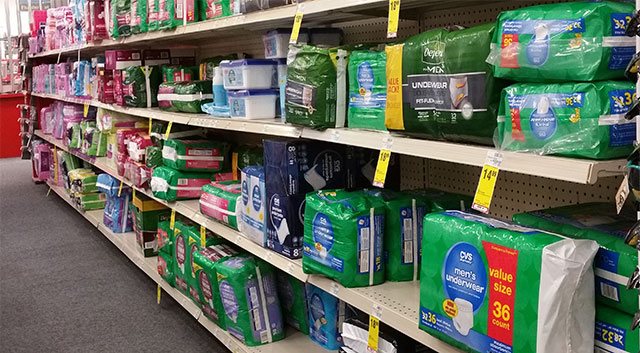How to end the nightmare of colorectal disorders before they end you
Chronic gut disorders terrorize Americans like no other modern plague. They begin gradually with minor straining. Next comes intermittent constipation, the use of laxatives, and irritable bowel syndrome. Over time, hemorrhoidal disease and anal fissures rear their ugly heads, and by the age of fifty, this chain of events culminates in diverticular disease in every second adult.
For the less lucky, irritable bowel syndrome turns into inflammatory bowel disease, which is usually accompanied by chronic diarrhea and progresses to ulcerative colitis or Crohn’s disease. These conditions, in turn, increase the risk of colorectal cancer by up to eight times. And so it goes until the end.
Nowhere is this epidemic as noticeable as inside any "big chain" drugstore. At our local pharmacy, for example, the laxative department is one of the largest single-condition section in the entire store:

So, ask yourself how it is possible that the same proud country that could fly people to the Moon and back in 1969 can't figure out half-a-century later how to prevent and resolve lifestyle-related colorectal disorders without resorting to a truckload of toxic laxatives?
The answer is simpler than you may think. American gastroenterologists, let alone rank-and-file family physicians, not only don't know how to treat these conditions without drugs but often cause even more harm by prescribing the wrong treatments and recommending the wrong diets.
With this in mind, suspend your judgment and study this site with the same effort you would apply to finding a “good doctor” who may not exist. It beats wearing a colostomy bag or a diaper for fecal incontinence after one too many “good” treatments.
Constipation

Moving bowels is an intrinsic instinct, not an acquired trait. You don't need to teach newborns to move their bowels — it comes to them just as naturally as breathing or crying. Continue reading...
Irritable Bowel Syndrome

This guide debunks the universally accepted view that the causes of irritable bowel syndrome are unknown, describes them one by one, and explains how to eliminate each one safely and permanently. Continue reading...
Hemorrhoids and Anal Fissures
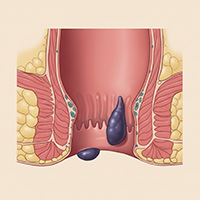
Hemorrhoidal disease and anal fissures start with a little "defect" in human anatomy — the anal canal that is too darn tight for large and/or hard stools to pass through. Continue reading...
Diverticulosis and Diverticulitis
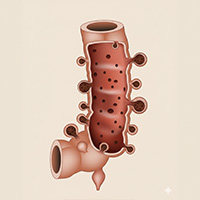
A high fiber diet is broadly recommended to prevent diverticular disease based on unconfirmed, unproven, untested, and speculative "theories" that a low fiber diet causes this pathology. Continue reading...
How to Revitalize Intestinal Flora
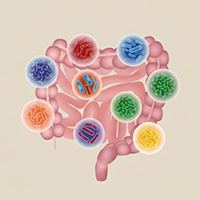
Healthy intestinal flora is vital for forming stools, maintaining immunity, synthesizing essential vitamins, and protecting the colon from cancer. Continue reading...
How to Restore Anorectal Sensitivity
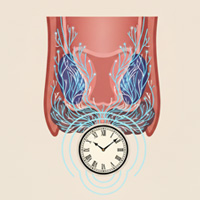
To preserve lifelong colorectal health and prevent colon cancer, a healthy person should move the bowels after each principal meal or at least twice daily. Continue reading...
How to Overcome Fiber Dependence

Fiber bulks up stools. Enlarged stools transform colorectal organs and cause a physical dependence on fiber to move the bowels. Fiber dependence is similar to drug, tobacco, or alcohol addiction: no fiber — no go! This page explains how to overcome fiber dependence without resorting to laxatives. It is essential for anyone who wants to reduce fiber consumption, and especially useful for people who wish to lose weight by following low-carb diets. Continue reading...
Colonoscopy: Is it Worth the Risk?
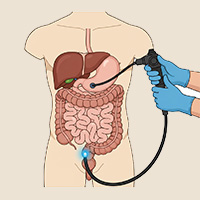
Each year, up to 15 million Americans undergo colonoscopy for colon cancer screening. According to the 2024 report “Adverse events after colonoscopy in a randomised colorectal cancer screening trial” [link], an estimated 2.4% (about 360,000 patients) experienced at least one adverse event, including approximately one death per 10,000 procedures. Continue reading...


